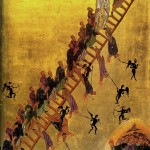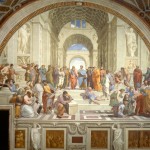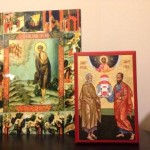This is the fifth post in a series on why I blog with no authority. Previous posts include the first post explaining why I needed to write this series, a second post on how I started out blogging without any concept of what the public sphere was, a third post about being my alter-ego called Chinglican, and a fourth post about reflecting on Catholic social teaching with the democracy movement before the Umbrella Movement was ever in the works. About a year into writing... Read more














